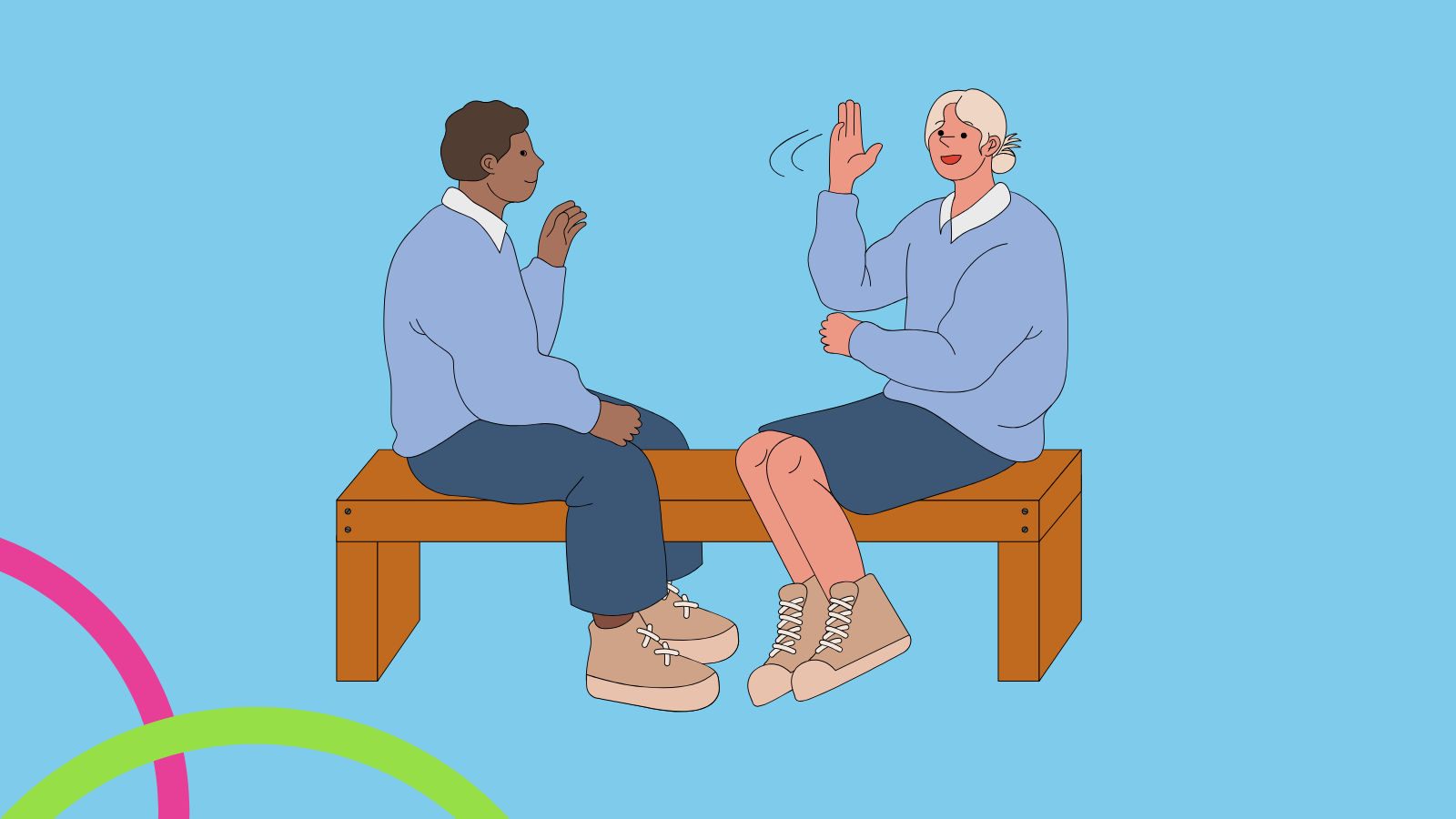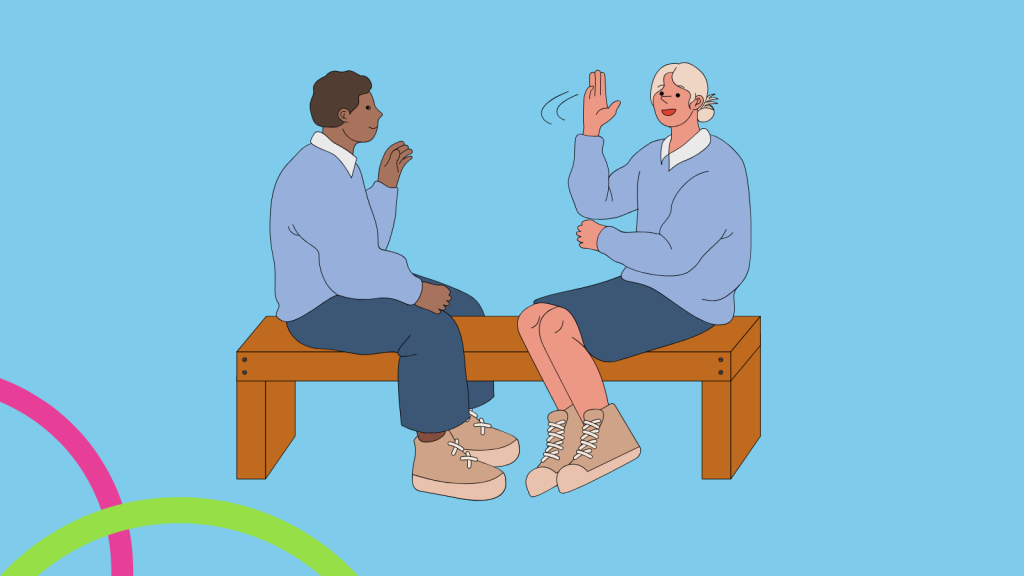Do patients with hearing loss get the support they need in Norfolk’s GP practices?
Healthwatch Norfolk is aiming to find out with the launch of a new survey.
The organisation, which gathers feedback from people about their health and social care experiences, is looking into the issue to discover people’s experiences.
Background
It carried out work three years ago to find out what GP practices were doing, what assistance they would need to be more accessible, and look at some of the good work being carried out.
This included the launch of a Hearing Loss Charter which practices could sign up to, so patients would know systems are set up to support them if they are deaf or have hearing loss.
These would be things like having a Hearing Loss Awareness Champion to ensure staff have the right training and be a point of contact and ensuring patients communication needs are logged on their records, so staff are aware.
Healthwatch Norfolk is now keen to find out what people’s experiences are at their GP practice if they are deaf or have hearing loss, and if they are aware of the Charter.
How do you take part?
You can take part in the survey digitally at https://healthwatchnorfolk.co.uk/get-involved/hearing-loss-2024/ or you can email us your experiences at [email protected]. If you use BSL, you can also send your feedback on your phone as a video file to [email protected]
We will then analyse all the responses we get and produce a report setting out how the Hearing Loss Charter has been adopted and give a picture of how patients feel their accessibility needs are being met if they are deaf or have hearing loss issues.
Reaction
Alex Stewart, chief executive of Healthwatch Norfolk, said: “We did a lot of work a few years ago around accessibility and are really keen to see how many practices are still ensuring they are helping their patients who are deaf or have hearing issues as much as possible.
“There is also some good practice out there and we are keen to share that to give inspiration and ideas to other medical professionals to ensure they are being as inclusive as possible to their patients.”


